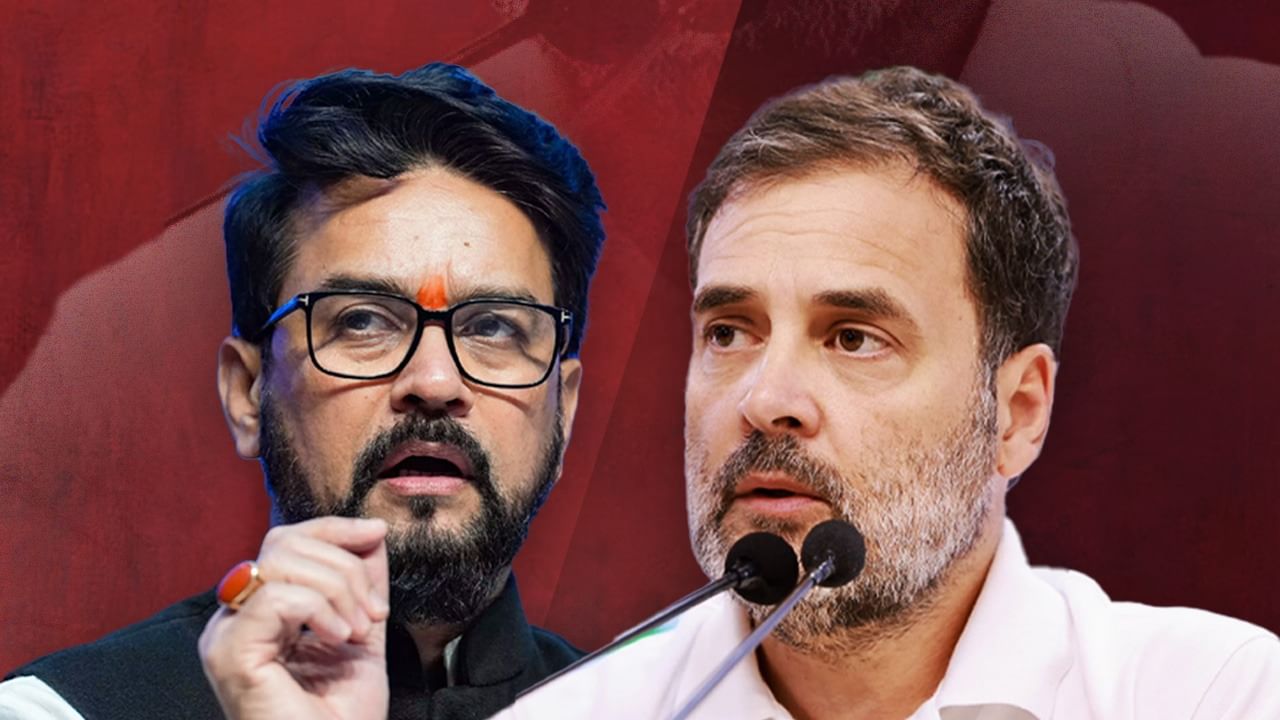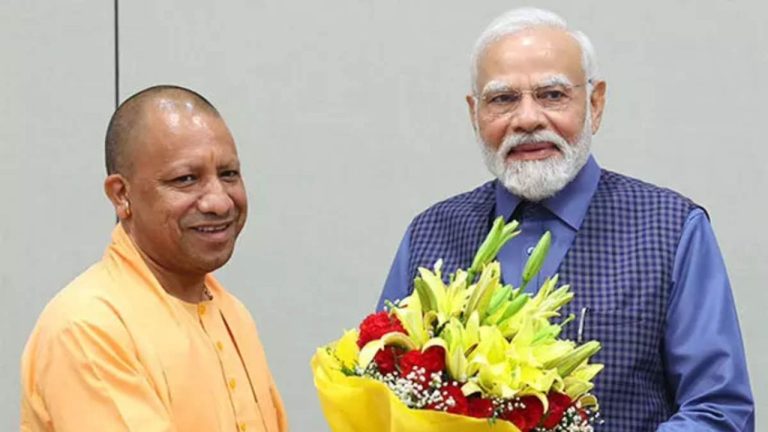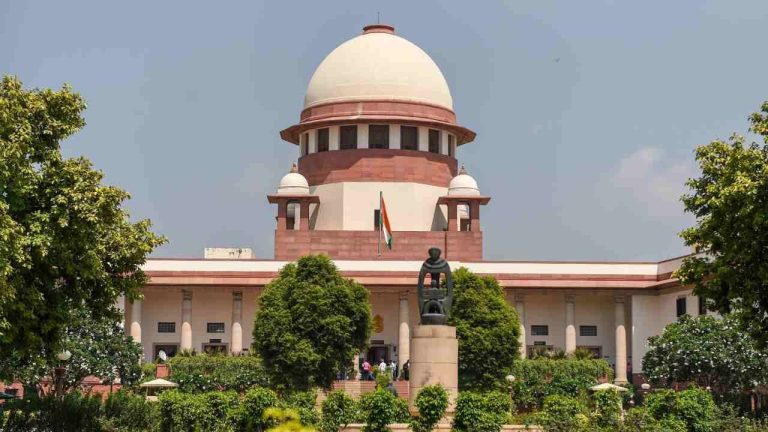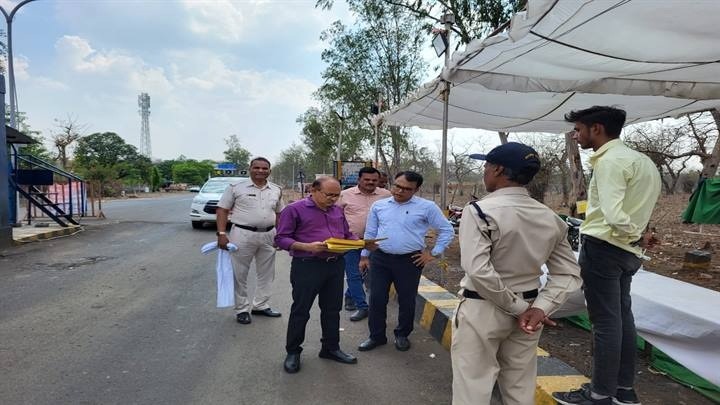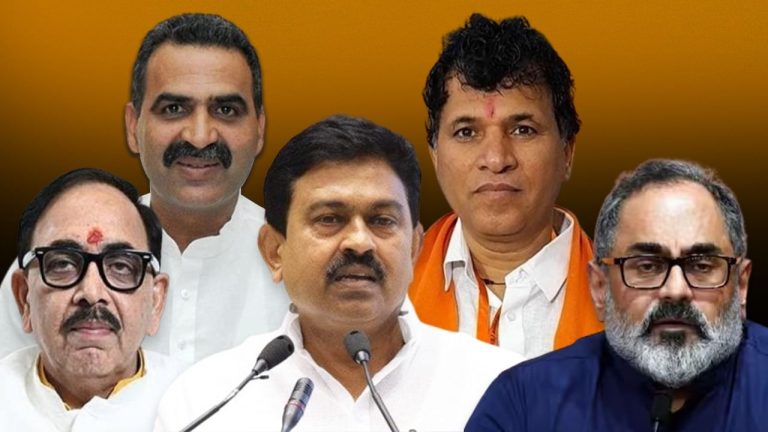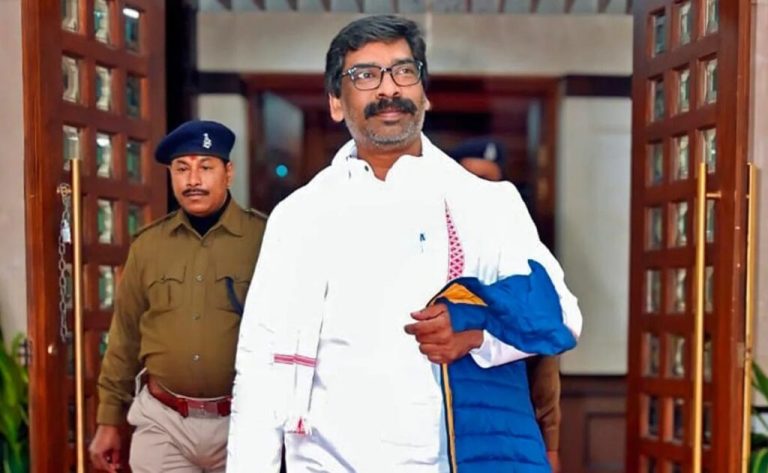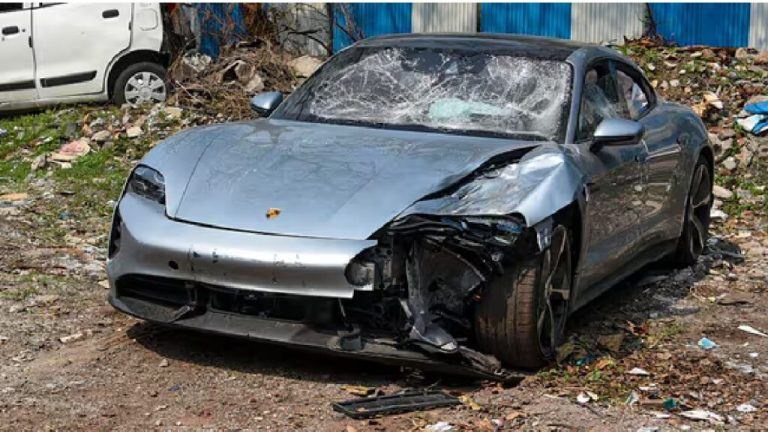Indira Gandhi was once jailed for violating concessions, now Congress will sue Anurag Thakur
During the budget debate in the Lok Sabha, Congress President Rahul Gandhi and BJP MP Anurag Thakur had a heated argument. When Rahul Gandhi, speaking in the Lok Sabha, promised to conduct a caste census, Anurag Thakur attacked him without mentioning his name, saying that people who do not know caste are talking about a caste census. Following this, Prime Minister Narendra Modi also tweeted a video of Anurag Thakur's speech in the House and wrote that he wanted to listen to it. Following this, the furious Congress accused the prime minister of grave violation of parliamentary privilege. The issue also came up in the Congress parliamentary party meeting on Wednesday, where party sources said the Congress was considering a breach of privilege motion related to Anurag Thakur's speech. However, this proposal will not be easy for the Congress because to approve such a proposal in the Lok Sabha, it needs the approval of the Speaker, which may not be easy to get. After Anurag Thakur's statement in the House, over opposition, Speaker Jagathambika Pal assured MPs that those parts of the speech would be removed. What is a breach of privilege? Members of the Legislature, Legislature and Parliament have certain special rights, the purpose of which is to enable them to perform their duties effectively. If these privileges are violated within the assembly or any work is done against these rights, it is called a breach of privilege. In other words, if any person or authority ignores or injures any privilege of the Members of Parliament individually and the House collectively, it is called breach of privilege. If any Member of the House utters any remarks which are prejudicial to the dignity of the Parliament, in such circumstances the Member can be prosecuted for contempt of Parliament and breach of privilege. Its written complaint to the Speaker of the Lok Sabha is called a notice of breach of privilege. Who approves offers? Based on this notice, a breach of privilege motion is brought in the House after the approval of the Speaker. This motion has been moved by the Member of Parliament. In Chapter 20 of Lok Sabha Rule Book Rule No. 222 and Rule 187 in Chapter 16 of the Rajya Sabha Rule Book governs the privileges. Accordingly, a member of the House may, with the approval of the Speaker or the Chairman, raise a question which involves a matter of privileged rights of the House or any committee. The basic purpose of privileges granted to Members of Parliament is to prevent the power from going unbridled under any circumstances. In India's parliamentary system, majority rules, but members of minority parties are also elected by the public. Their main function within Parliament is to hold the government accountable to the public. The framers of the Constitution have given privileges to every Member of Parliament to express his views openly in the House without coming under the threat and influence of power. Nothing said in Parliament can be challenged in court. This is the reason why the Speaker in the Lok Sabha and the Speaker in the Rajya Sabha are supreme. There is no difference in the rights of the Prime Minister and Members of Parliament from the point of view of the Speaker and the Speaker. Newspapers were also bound by these privileges and were created to publish parliamentary proceedings. If the Speaker or the Speaker omits any word from the proceedings of the Parliament, the press has no right to publish it. Doing so falls under the category of breach of privilege. What does the Inquiry Committee do? The Committee constitutes a 15-member committee to inquire into a proposal to breach the privilege of the Speaker of the Lok Sabha or the Chairman of the Rajya Sabha. This committee examines whether the proposal for breach of privilege is valid or not. The Privileges Committee may recommend punishment if it finds any member guilty of breach of privilege. To move a breach of privilege motion, an MP must give notice in writing to the Secretary General of the Lok Sabha before 10 am. If this information is released after 10 o'clock, it will be included in the next day's meeting. Privilege motions in Parliament are usually rejected. So far, penal action has been recommended only in a few cases. One of the most important of the Privileges Resolutions was passed against Indira Gandhi in 1978 when Indira went to jail for breach of privilege. The then Home Minister Charan Singh moved a breach of privilege resolution against him based on the observations of the Justice Shah Commission, which inquired into castes during the Emergency. Indira Gandhi, who won the Lok Sabha elections from Chikmagalur, was expelled from the House. The then Morarji Desai government sent him to jail until the parliamentary session. An arrest warrant signed by the Speaker was issued around 8 p.m. After his arrest, he walked out of the same Parliament door where he once walked out of the Prime Minister's office. In 1976, MP Subramanian Swamy was expelled from the Rajya Sabha for insulting the MP by giving interviews to foreign publications. In 1961, RK Karanjia, author of “Blitz”, was charged with breach of privilege. He had published an article publicly condemning senior Congress leader JP Kripalani. Karanjia was censured in the Lok Sabha and his reporter's gallery pass was revoked.
